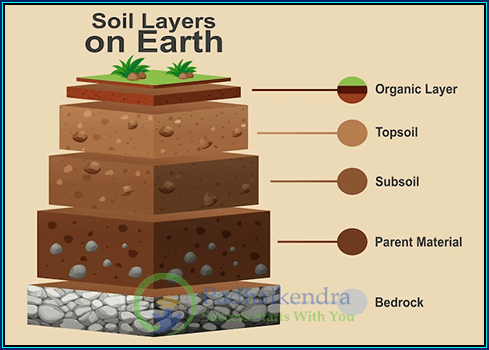Summer is one of the four seasons in many regions of the world, characterized by its warmer temperatures, longer daylight hours, and often increased precipitation. Summer occurs when the Earth’s axis tilts towards the sun, causing the hemisphere to receive more direct sunlight and warmer temperatures.
In the Northern Hemisphere, summer usually begins in June and ends in September, while in the Southern Hemisphere, it occurs from December to March. The duration and intensity of summer may vary depending on the region and local weather patterns.
During the summer season, temperatures rise, and the natural world becomes more active. Plants grow, flowers bloom, and animals become more active, often raising their young during this time. Summer sports such as swimming, hiking, and camping are popular in many areas with warm temperatures and clear skies.
The summer season can also pose challenges for human societies, such as droughts, wildfires, and heatwaves, which can have significant impacts on agriculture, human health, and natural ecosystems. However, many cultures also celebrate the summer season with holidays and festivals, such as the Fourth of July in the United States, Canada Day in Canada, and many traditional harvest festivals around the world.
Overall, the summer season plays an important role in the natural rhythm of many regions of the world, and its unique characteristics offer both challenges and opportunities for human societies and the natural world.





